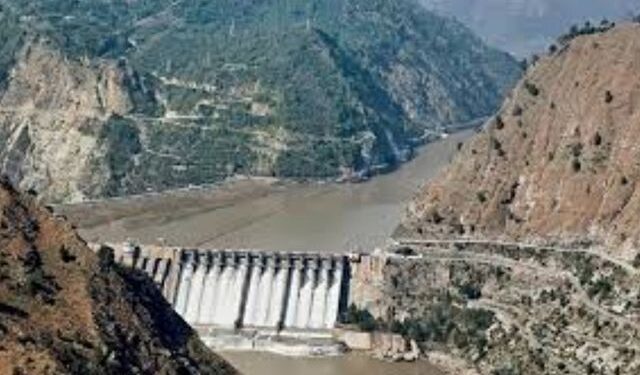Pakistan has formally urged India to reconsider its decision to suspend the Indus Waters Treaty, according to sources reported by India Today.
This appeal comes weeks after India paused the treaty following the Pahalgam terror attack, which resulted in the deaths of 26 civilians.
Sources indicate that Pakistan’s Ministry of Water Resources has written to India’s Ministry of External Affairs, warning that New Delhi’s move to halt the treaty could lead to a crisis in Pakistan. India announced its decision to put the treaty on hold after the Cabinet Committee on Security (CCS) reviewed Islamabad’s ongoing support for terrorism. MEA spokesperson Randhir Jaiswal stated, “The Indus Waters Treaty was concluded in the spirit of goodwill and friendship, as specified in the preamble of the treaty. However, Pakistan has disregarded these principles by promoting cross-border terrorism for decades.”
The 1960 treaty, brokered by the World Bank, allocated control over the three eastern rivers to India and the three western rivers to Pakistan, ensuring cooperation even during heightened tensions. However, this marks the first time India has suspended the treaty entirely.
The diplomatic standoff follows Operation Sindoor, India’s precision military campaign in response to the April 22 massacre of tourists in Jammu and Kashmir, carried out by terrorists linked to Pakistan-based groups.
In his first televised address after Operation Sindoor, Prime Minister Narendra Modi reiterated the government’s stance on the Indus Treaty: “Terror and talks cannot happen at the same time. Terror and trade cannot happen simultaneously. Water and blood cannot flow together.”
India has made it clear that the only acceptable subject for dialogue with Pakistan will be terrorism and the return of Pakistan-Occupied Kashmir (PoK). This message to Islamabad, reinforced by both diplomatic and military measures, indicates a hardened approach that links any peace overtures directly to a cessation of cross-border terrorism.





























